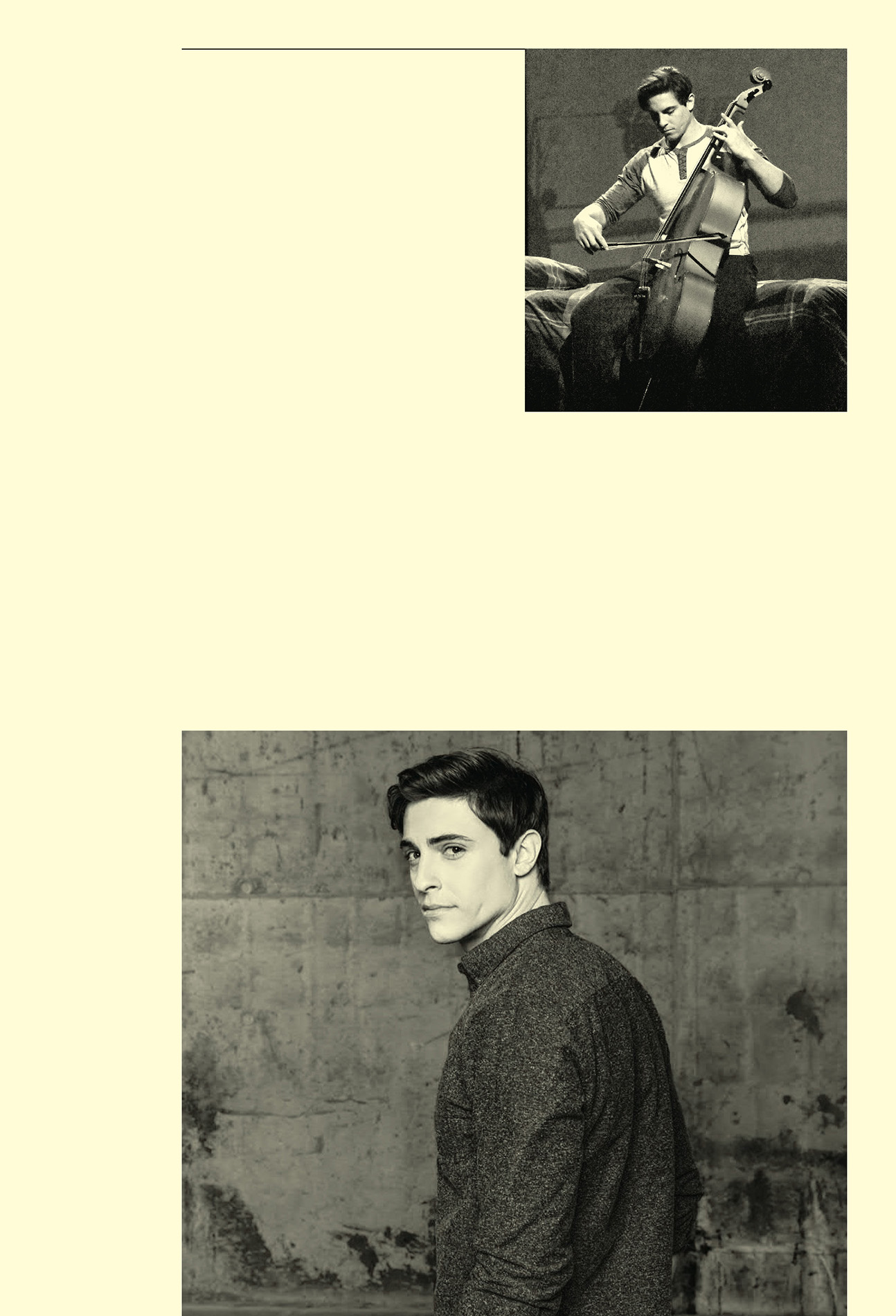
111
have set for him and the expectation that those around him have of him.
But doesn’t he have everything he wants? Acceptance to Harvard! Friends! He’s an athletic star!
Sure, he’s finally accomplished basically his life goal of getting into the top school with the top grades, being the top of everything that he’s worked for his entire life. And what is he left with? This overwhelming sense of emptiness. And it’s then that he realizes that he had been doing it for all the wrong reasons and starts to doubt everything he stands for. And so going back to “Perfect,” this song actually used to be placed later in the show. It used to be Mary Jane and Nick have an argument in Act Two, and the song came after that. But it didn’t feel quite right.
How did “Perfect” end up in Act One?
That was part of the reworking process on the path to Broadway. We did a lab last December, and we experimented with moving “Perfect” up, and then Diablo wrote this beautiful scene between Nick and his mom before going to this party. Nick is yearning for that social environment that he missed out on because of his commitment to his schooling and his athletics and everything. But Mary Jane has leaned a lot on Nick. So this scene portrays her reliance on him, and his yearning to be there for her and the overwhelming guilt that has consumed him by sticking by his mother and taking on that leadership role within the family. So having this dynamic triggers something in Nick, telling him that this is not who he wants to be. He is his own person.
He’s now contemplating all these different choices. Do I stay in what’s comfortable for me and be there for my mom and be in a safe place and be that savior, or do I do something for myself for once? Do I go to this party? Do I have the experience that I’ve yearned for? Do I share this love with the people that I’ve grown up with, the people that I’m going to continue to grow with, and find myself as an adult?
For you, why do you think Jagged Little Pill is still connecting to people after twenty-five years?
I think this album is still speaking to people because of Alanis’s understanding of human connection and the relationship between the individual and the masses. These are universal, timeless topics. The way that Alanis has addressed those themes and those ideas is so direct and raw. And I think that’s why it initially garnered the attention that it did. The ups and downs of a relationship, conflict, healing, injustice, self-reflection, self-expression—I think all of those things, all of those major things that Alanis has so thoughtfully portrayed through her music, are things that will never go away. It’s why we can still sing those same lyrics twenty-five years later, and they still have the same kind of effect on people. And I think they will continue to have that effect on people, because we’re always going to be a work in progress.